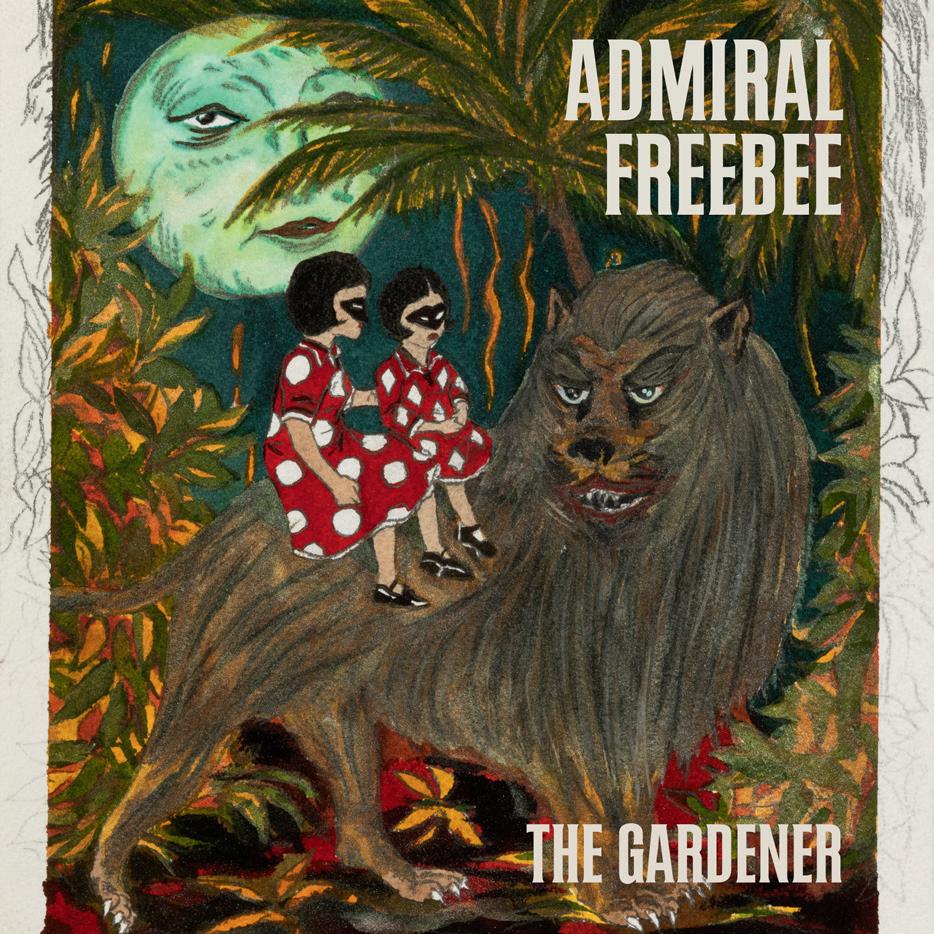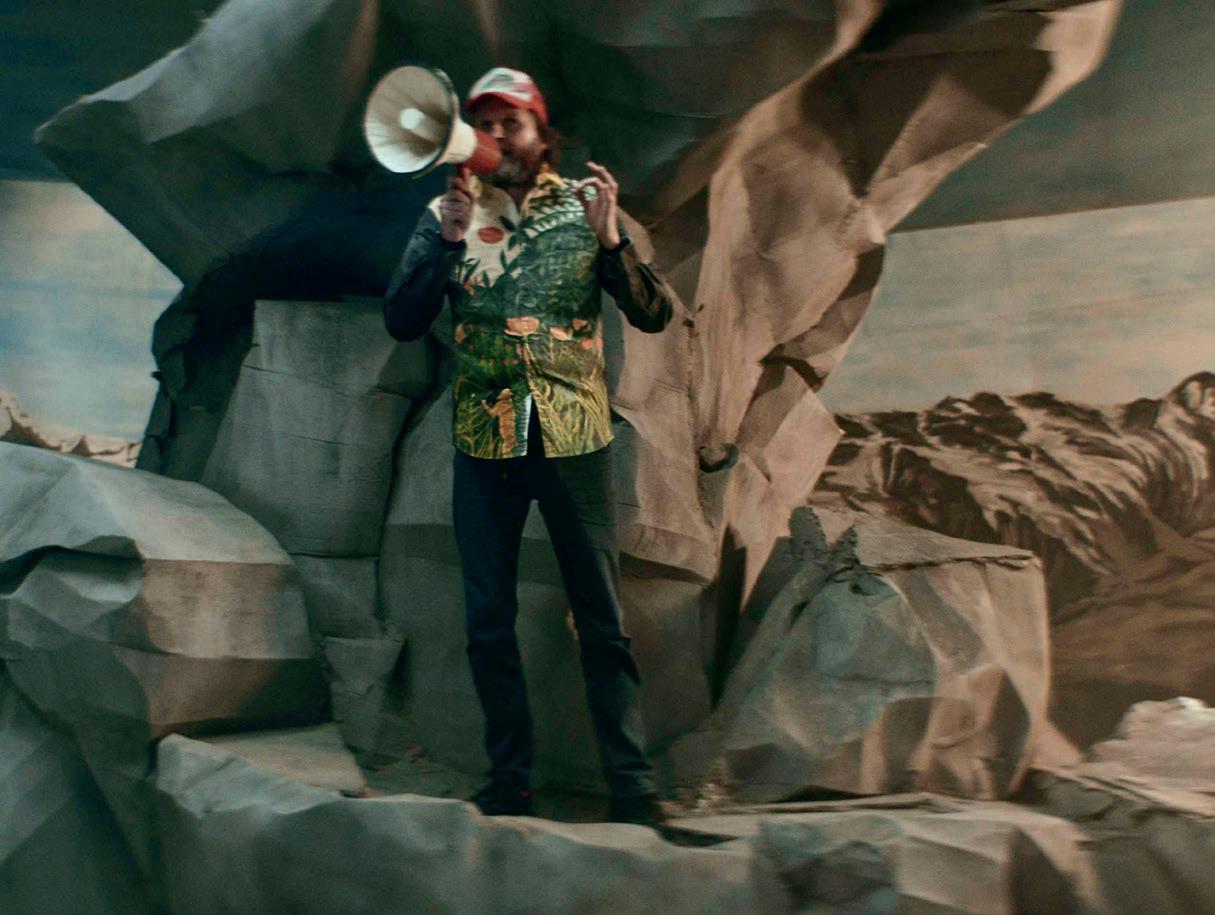
3 minute read
THE SPOTLIGHT
THE SPOTLIGHT TOM VAN LAERE
As a guest editor you are allowed to share your voice on almost any topic. The Spotlight makes waves for artists and soulmates, ideas & conversations, poetry & philosophy. Be in the know on music this time.
Advertisement
FREEBEE AT LAST
For nearly twenty years, Admiral Freebee has been one of the most captivating artists of the Benelux. Songs such as ‘Rags ’n Run’ and ‘Oh Darkness’ became true classics while the Admiral playfully conquered the biggest stages and collaborated with Living Legends like Emmylou Harris and J. Mascis – to name a few. Yet even a seasoned veteran like Tom Van Laere felt unprepared for the last year and a half. There he was with a brand spanking new album at the ready for fall 2020, seeing all his carefully laid out plans either cancelled or adjusted because of you-know-what. Now, at long last, The Gardener has arrived. Admiral Freebee’s seventh studio album features fifteen tracks, nine of which were written in a time BC (before covid) while six others sprang to life in the heat of the pandemic.
COURTESY TIM VAN LAERE GALLERY, ANTWERP
THE WONDER OF LIFE
On a particular day I had this feeling that I lived in a universe in the middle of nowhere where you could find lemon-flavoured ice cream and people to play and build sandcastles with - in other words, it was a time when I felt like a warm and grateful person. That was the day I wrote this song.
At that time, I was in excellent condition because of all the tennis I played. It was also a time when a comb seemed more and more unnecessary. I even started wearing a hat from time to time. I also didn’t know if a certain woman fancied me or just the hat I was wearing. I haven’t got a clue where either of them is now, although I think I might have lent the hat to someone.
It’s quite a cliché, but it turned out to be a beautiful song. When I first played it to a friend, he didn’t like it very much. He thought ‘The wonder of Life’ as a title didn’t fit the jolly despair of the Admiral Freebee repertoire. A while later, my friend was confronted with a lot of personal issues, one setback after another. He asked me to hear the song again and suddenly thought it was the best thing I ever wrote. Although it was no more than a demo, I had to send it to him over and over again via WhatsApp.
In my opinion, it was neither my best nor my worst work, rather somewhere in between, but by talking about it with my friend, the song kept getting better and better. I noticed he wasn’t as deeply unhappy as he made himself out to be. I saw that through his setbacks, he discovered a sense of freedom unlike ever before. And while his face remained shut, I detected a glimmer of an inner smile that he tried to keep hidden. During that time, we became closer as friends and the song kept getting better. It seemed as though the depths of his suffering revealed the majesty of love.
I’m pretty sure we’ll hear more stories such as these from people like me in the near future. And sometimes, when I go to sleep, I’m sad that I didn’t glance at the full moon for a little longer. It’s good stuff.’








